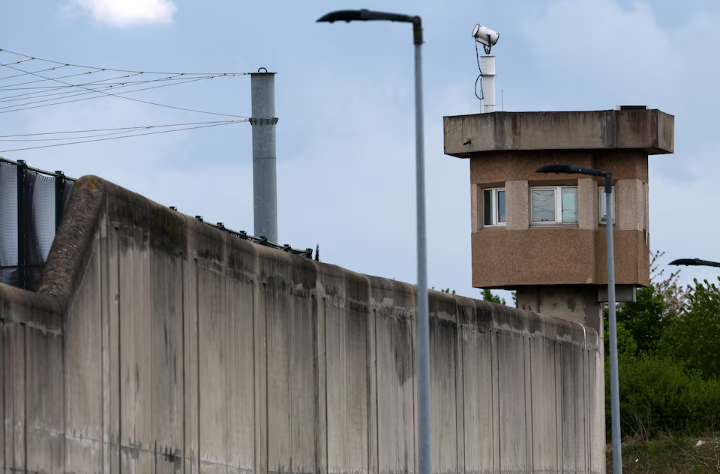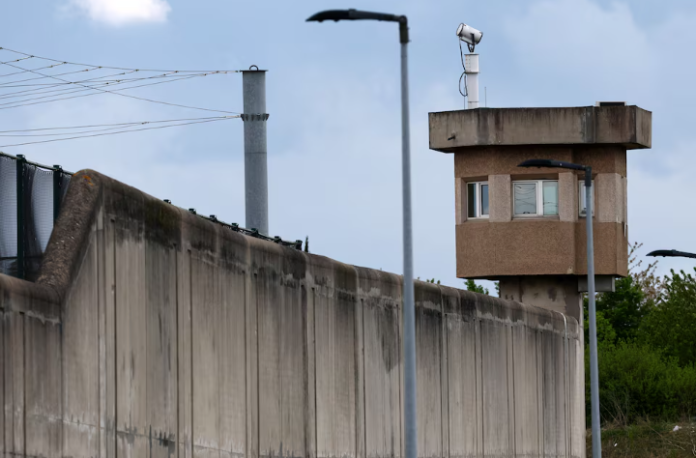In a chilling series of incidents, French prisons have come under fire—literally—as criminal networks push back against a sweeping government crackdown on drug trafficking. Over recent nights, attacks have been reported at several correctional facilities, including gunfire from military-grade weapons, arson, and direct threats to prison staff.
According to France’s leading prison union UFAP, automatic weapons were used against the entrance of the Toulon prison in southern France. Simultaneously, vehicles were torched outside prisons in Villepinte, Nanterre, Aix-Luynes, and Valence. In an even more personal assault, a prison officer in Nancy was threatened at their home, while an attempted arson attack was foiled in Marseille.
Justice Minister Gérald Darmanin said these attacks are in direct response to the government’s intensified war on narcotics, particularly cocaine. Speaking on social media platform X, Darmanin wrote: “Attempts have been made to intimidate staff in several prisons, ranging from burning vehicles to firing automatic weapons… The Republic is taking bold steps to dismantle these criminal networks.”
The National Anti-Terrorism Prosecutor’s Office (PNAT) has taken over the investigation, signaling the severity of the situation. Officers from France’s domestic intelligence agency, DGSI, are also involved. While it’s unclear why anti-terror authorities are leading the probe, graffiti reading “DDPF” (possibly standing for “French Prisoners’ Rights”) has been found at several crime scenes—fueling speculation about a possible militant agenda.
Interior Minister Bruno Retailleau has ordered an immediate boost in protection around prisons and for correctional staff. “These heinous attacks aim to terrorize those who uphold the rule of law,” UFAP responded. “Prison staff are not cannon fodder.”
The violence reflects a larger crisis. Cocaine smuggling into Europe from South America has reached record highs, with France seizing over 47 tonnes in 2024 alone—double the amount from 2023. Once concentrated in cities like Marseille, drug violence is now spreading into quieter towns, disrupting the social fabric.

The French government is proposing stronger anti-drug legislation to confront this new reality. The law includes creating a national office for organized crime prosecution and expanding investigative powers. Darmanin also revealed plans to build high-security prisons that will isolate France’s top 100 criminal kingpins, preventing them from operating empires from behind bars.
One major win came in February when police recaptured Mohamed Amra, aka “The Fly,” a notorious gang leader whose earlier escape had resulted in the deaths of two prison officers.
As criminal networks escalate their resistance, the French government appears more determined than ever to reclaim control. But with gangs now targeting the very institutions designed to contain them, the battle against the narcotics underworld has clearly reached a dangerous new phase.



